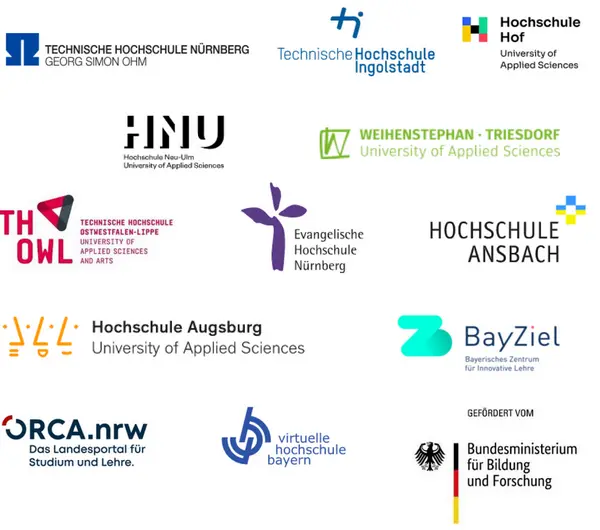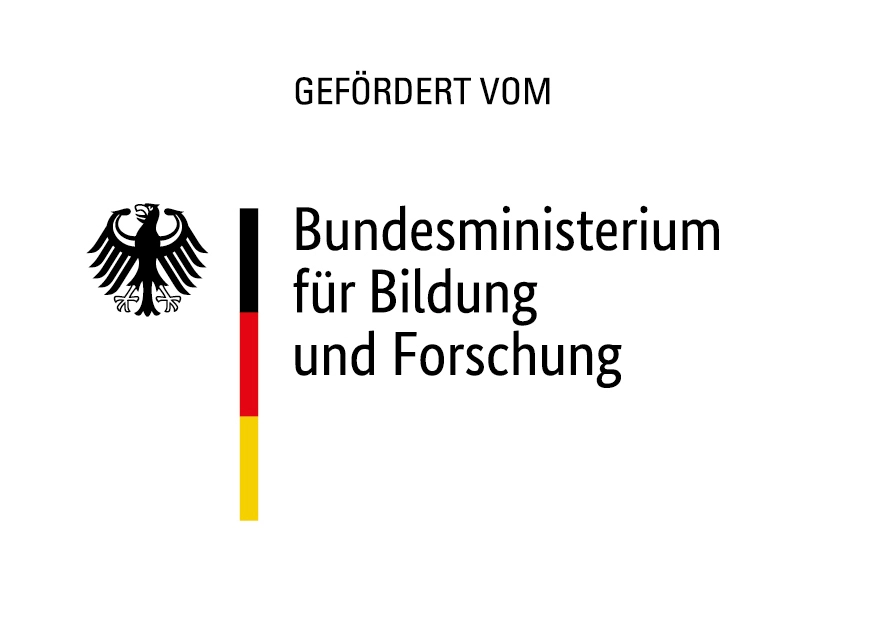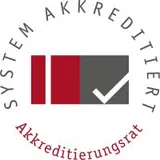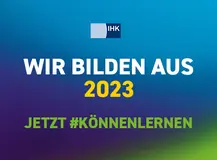- Evangelische Hochschule Nürnberg
- Hochschule Ansbach
- Hochschule Augsburg
- Hochschule Hof
- Hochschule Neu-Ulm
- Technische Hochschule Ostwestfalen-Lippe
- Hochschule Weihenstephan-Triesdorf
- Open Resources Campus NRW (ORCA.nrw)
- Virtuelle Hochschule Bayern (vhb)
- DiZ – Zentrum für Hochschuldidaktik
Hochschul-Assistenz-System HAnS
Im Verbundprojekt HAnS (Hochschul-Assistenz-System) wird eine Learning-Experience-Plattform entwickelt, die einen wichtigen Beitrag zur Digitalisierung der Hochschullehre leisten soll. An diesem Projekt beteiligen sich deutschlandweit acht Hochschulen und drei Institute mit insgesamt 40 Mitwirkenden. An der THI ist zum einen das Arbeitspaket "Nutzerperspektive und Akzeptanz" angesiedelt. Zum anderen sind wir an der technischen Entwicklung beteiligt und kümmern uns um die Integration von HAnS ins THI-Moodle.
Mehr als eine Videoplattform
Lehrende können HAnS verwenden, um Materialien, beispielsweise Vorlesungsvideos, mit ihren Studierenden zu teilen. Im Gegensatz zu anderen Plattformen wird hier das Material jedoch zusätzlich mithilfe von KI aufbereitet. Dabei werden unter anderem automatisch Untertitel erstellt, einzelne Themen extrahiert und Übungsaufgaben generiert.
Zielorientiertes und flexibles Lernen für Studierende
Studierende haben die Möglichkeit, über einen KI-Tutor mit dem HAnS-System zu interagieren. Dabei können sie Lehrvideos nach Begriffen durchsuchen und zu den entsprechenden Stellen im Video springen. Durch die Empfehlungen und Übungsaufgaben des KI-Tutors kann der Lernende seinen Lernfortschritt prüfen und gemäß seinen individuellen Bedürfnissen Lern-Empfehlungen erhalten.
Projektpartner

Veröffentlichungen
Autoren: Thomas Ranzenberger, Tobias Bocklet, Steffen Freisinger, Lia Frischholz, Munir Georges, Kevin Glocker, Aaricia Herygers, René Peinl, Korbinian Riedhammer, Fabian Schneider, Christopher Simic, Khabbab Zakaria
Link: https://www.essv.de/paper.php?id=1188
Abstract:
The usage of e-learning platforms, online lectures and online meetings for academic teaching increased during the Covid-19 pandemic. Lecturers created video lectures, screencasts, or audio podcasts for online learning. The Hochschul-Assistenz-System (HAnS) is a learning experience platform that uses machine learning (ML) methods to support students and lecturers in the online learning and teaching processes. HAnS is being developed in multiple iterations as an agile open-source collaborative project supported by multiple universities and partners. This paper presents the current state of the development of HAnS on German video lectures.
Autoren: Steffen Freisinger, Fabian Schneider, Aaricia Herygers, Munir Georges, Tobias Bocklet, Korbinian Riedhammer
Link: https://www.isca-speech.org/archive/slate_2023/freisinger23_slate.html
Abstract:
The current shift from in-person to online education, e.g., through video lectures, requires novel techniques for quickly searching for and navigating through media content. At this point, an automatic segmentation of the videos into thematically coherent units can be beneficial. Like in a book, the topics in an educational video are often structured hierarchically. There are larger topics, which in turn are divided into different subtopics. We thus propose a metric that considers the hierarchical levels in the reference segmentation when evaluating segmentation algorithms. In addition, we propose a multilingual, unsupervised topic segmentation approach and evaluate it on three datasets with English, Portuguese and German lecture videos. We achieve WindowDiff scores of up to 0.373 and show the usefulness of our hierarchical metric.
THI Ansprechpartner
Gefördert vom
















